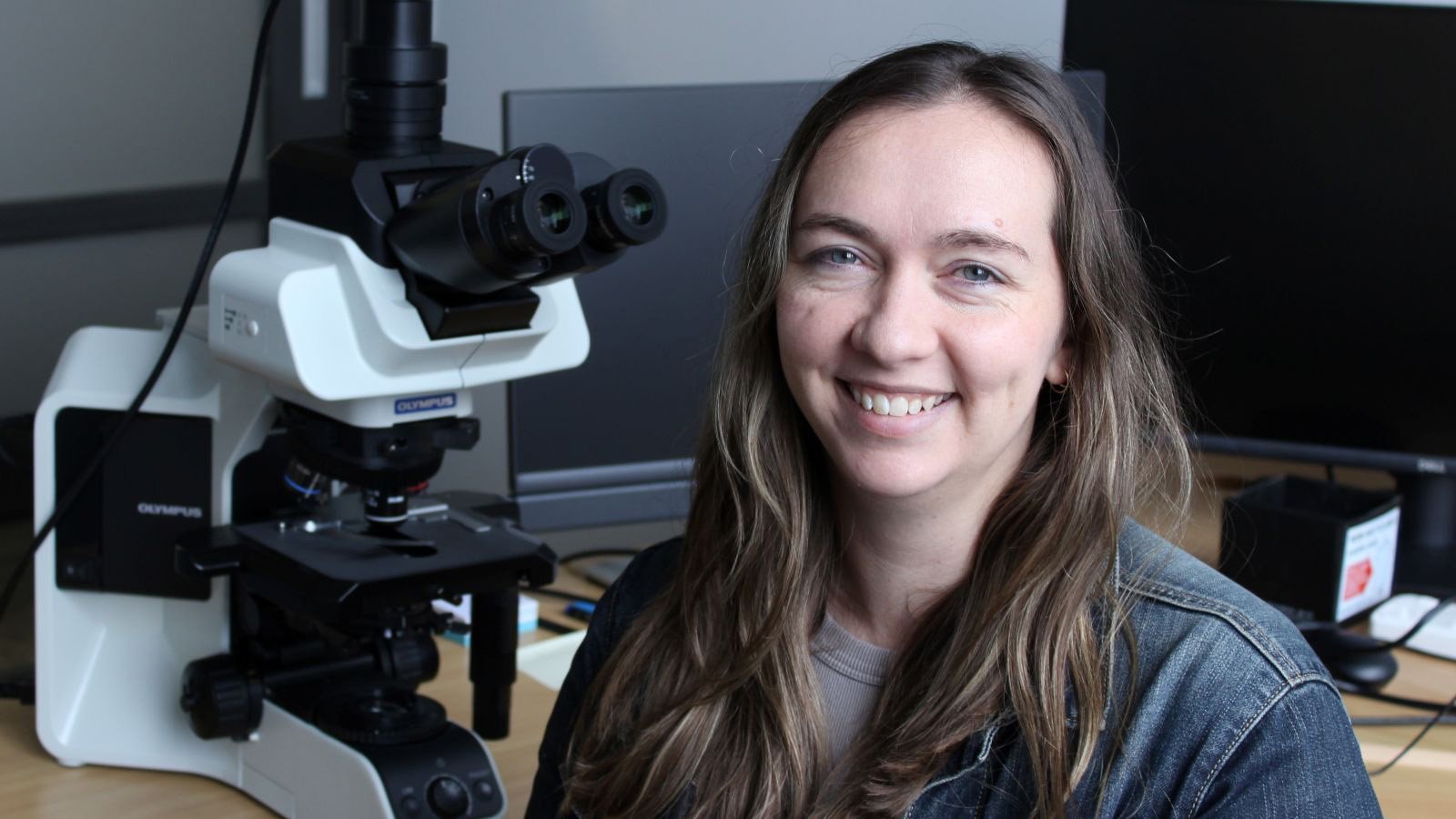
Looking at how to lessen the impact of head knocks in rugby and other contact sports, what better animal to use than the aptly-named ram.
After all, rams love to go at it with duelling head butts.
Dr Helen Murray, of the University of Auckland’s Centre for Brain Research, will investigate after receiving the inaugural Dame Rosie Horton Fellowship.
The $283,000 fellowship will allow Dr Murray to see whether the brains of headbutting rams can be used to gain a better understanding of how repeated head injuries affect the brain.
"We needed a proper model of repeated head injuries, then I met a ram breeder at the national Fieldays in June and she told me how frequently rams headbutt each other," Dr Murray said.
"No-one has ever done this type of research before, so it’s a very blue-sky idea, but sheep have a lot of promise as a model of repeated head injury
"They are good models of repeated injury because they headbutt aggressively, can live for about 10 years, and have the same folded brain structure as humans."
Centre for Brain Research geneticist Prof Russell Snell has used sheep for research on Huntington’s disease and Alzheimer’s disease.
Dr Murray planned to use surveillance cameras and activity tracking collars to observe rams headbutting at the university’s research farm.
"We will need to measure how frequently each ram headbutts, and to have a control group of non-headbutting sheep to compare with.
"After the rams are euthanised, we plan to examine their brains to see if they have any signs of changes that resemble the degenerative brain conditions we see in humans who have had repetitive brain injuries."

"New Zealanders have such a passion for contact sports, so a lot of people in the country are experiencing repetitive head impacts — it’s something that affects pretty much anyone who plays a contact sport.
"By looking at what’s going on in the brain, we want to be able to figure out who is most at risk."
Earlier this year, Dr Murray and PhD student Chelsie Osterman made a breakthrough in understanding chronic traumatic encephalopathy (CTE), by examining tissue from brains donated by former rugby players and other sportsmen.
They found a unique signature of inflammatory markers in the brains of people with CTE.
"Once we can identify the signature of degenerative brain disease in people who have these repeated head knocks, we can develop blood tests and brain scans to diagnose it as early as possible.
"That would allow people to take steps to prevent damage getting worse and helps pave the way to developing treatments," she said.
She hoped ram brains might offer new insights into how repetitive injuries affect the brain over time.
Dr Murray’s personal experiences include playing ice hockey for New Zealand for 12 years and in that time she saw team-mates suffering the effects of repeated concussions. A former Ice Fernz captain, the 35-year-old still plays for the Auckland Steel national women’s league team.
When Centre for Brain Research Director Distinguished Prof Sir Richard Faull and Prof Maurice Curtis launched the New Zealand Sports Human Brain Bank in 2019, Dr Murray put her passions for sport and brain research together.
The research could help identify exactly what makes head blows lead to long-term brain conditions for some players, while others remain healthy.
"We want to figure out how many people are affected and how to develop meaningful policies to improve sport safety," she says.
Michael Horton established the Dame Rosie Horton Fellowship to continue his late wife’s legacy of supporting medical research and other social causes.
— Allied Media














